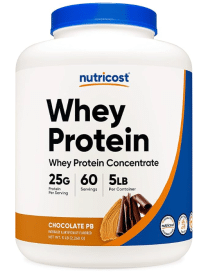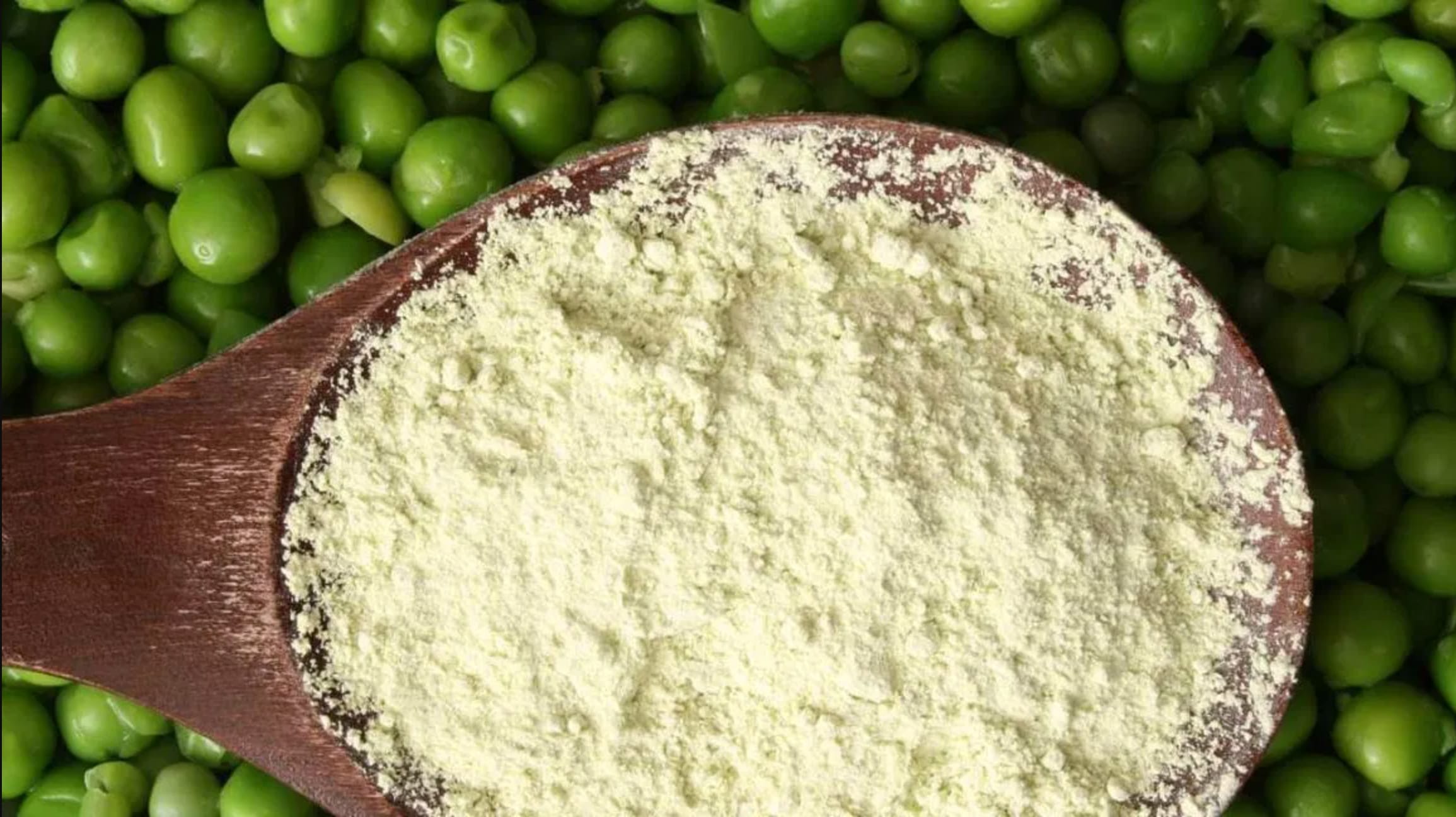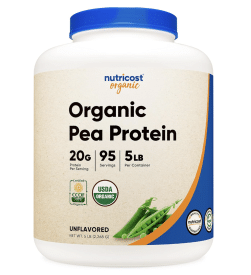What the key differences between the best protein powders are and which are best for muscle gains?
At every level of life, protein remains essential for longevity and muscle retention. Even when looking to attain the ultimate physique, we must understand the benefits of protein sources, especially protein powders to build muscle. There’s certainly nothing wrong with wanting to improve yourself and become the best version who you are with protein powder supplements. However, understanding which protein powders can aid your muscle building goals while maintaining great gut health is key.
You should want to be in great health, develop daily protein consumption habits and improve metabolism with the proper protein powder. Exercise is paramount to that as well as building quality muscle to be able to perform such acts. People are always looking for the best protein powders on the market, but the reality is that in order to get exactly what you need from protein, you have to know what your choices are and what makes them the right source for you.
If you want to take your fitness to new levels then you’re going to have to put in the work not only in the gym, but in the kitchen as well. All too often people get the wrong idea about building muscle and making gains. A great many people believe that dirty bulking is the way to put on massive size, not realizing that they’re likely to put on an immense amount of fat in the process.
This is where making wise choices comes into play. The primary source of building and maintaining muscle is protein consumption. In this post, we will detail the best types of protein powders, the differences, benefits to each and how each can help achieve your muscle building goals.
Whey Protein
First on the list of best protein powders is the classic whey protein. Coming from milk, whey is produced during the cheese making process, the liquid that separates from the curds. Whey is considered one of the best protein powders simply for it’s high protein content, but there are things to look out for with this particular kind of powder. It contains lactose which some people have trouble digesting, but is great for building muscle and aiding in recovery (1).
For those who suffer from lactose intolerance whey protein powder doesn’t just come in one form. Whey protein concentrate contains some lactose elements, but whey protein isolate contains very little due to the extra breakdown during the process.
Those without a problem will find whey to be a quickly digested protein. It contains branched-chain amino acids (BCAAs) which plays a major role in both muscle growth and recovery after a hard training session. Amino acid are absorbed into the bloodstream to generate the process of muscle protein synthesis which is the creation of new muscle.
Whey is one of the best protein powders because of its ability to be digested quickly.
Nutricost Whey Concentrate
Looking for a cheap whey protein concentrate? Check out Nutricost Whey Protein Concentrate! A quality protein supplement at half the cost.
Our favorite protein powder is Nutricost Whey Protein Concentrate, as it is a cost effective, cheap whey protein powder supplement that does what you need it to do (without breaking the bank). It is tasteful, filled with quality ingredients, and can truly help you to make gains.
Check out the full review for Nutricost Whey Protein Concentrate here.
Check out our list of the Best Protein Powders for great whey protein products!
Casein Protein
Casein Protein Powder shares similarities with Whey Protein as it is derived from milk. Casein unlike whey however is a protein that is digested more slowly. Because its digested slower than whey it means that the absorption of amino acids into the bloodstream is delayed. Though whey protein may have the edge over casein in terms of increasing muscle protein synthesis and strength, casein does have specific benefits (2).
It is still great in terms of muscle production and maintenance, however it is best consumed when you’re trying to restrict calorie intake. It allows for muscle maintenance and fat loss during a cut. It’s also great to consume casein protein before bed for better recovery as well as combating catabolism while you sleep, preserving and rebuilding your muscle mass after a hard training session.
Check out our list of the Best Casein Supplements for awesome overnight repair and support supplements!
Pea Protein
If you’re an individual with severe allergies in regards to dairy, then utilizing a pea protein powder is one of the best alternatives. Made from the high fiber legume the yellow split pea, the protein powder contains a ton of essential amino acids save for methionine. This is perhaps the biggest knock against pea protein as it’s not giving you all of the nutrients you would want out of a protein powder.
Nevertheless, pea protein does offer a nice balance. It’s absorbed in the blood stream slower than whey protein, but faster than casein. This effect can make it a great product to use in between meals to keep you satiated. Studies have also shown the individuals who utilize pea protein powders have similar muscular development to those who use whey (3). Other studies have also found that consuming pea protein can be beneficial for lowering blood pressure as well (4).
Nutricost Pea Protein
Pea protein is a great option for those who do not want animal based products and prefer a vegan diet. That being said, Nutricost Pea Protein is a great option!
Nutricost Pea Protein is a great option for a vegan protein powder, as it is packed with a great base of pea protein. This is a perfect supplement for those who do not want to consume any animal products. Each serving contains 20g of protein, so this is easy on your stomach and great for muscle growth, recovery, and weight loss or management.
Check out our individual review for Nutricost Pea Protein.
Check out our list of the Best Non-Dairy Protein Supplements for great plant-based options!
You can also check out our latest GI Exclusive explainer video with Jim Stoppani discussing protein sources and intermittent fasting above!
Wrap Up
So, what are the best protein powders out there? Well, the answer to that question is as simple as it is complicated. The bottom line is that these options can all be used together. Each protein powder has benefits that the others don’t. Mixing and matching is the best solution to seeing overall and consistent gains.
What do you think are the best protein powders? Let us know in the comments below. Also, be sure to follow Generation Iron on Facebook and Twitter.
*Images courtesy of Envato Elements.
References
- West, D.; et al. (2017). “Whey Protein Supplementation Enhances Whole Body Protein Metabolism and Performance Recovery after Resistance Exercises: A Double-Blind Crossover Study”. (source)
- Tipton, K.; et al. (2004). “Ingestion of Casein and Whey Proteins Result in Muscle Anabolism after Resistance Exercise”. (source)
- Babault, N.; et al. (2015). “Pea proteins oral supplementation promotes muscle thickness gains during resistance training: a double-blind, randomized, Placebo-controlled clinical trial vs. Whey protein”. (source)
- Li, H.; et al. (2011). “Blood pressure lowering effect of a pea protein hydrolysate in hypertensive rats and humans”. (source)













